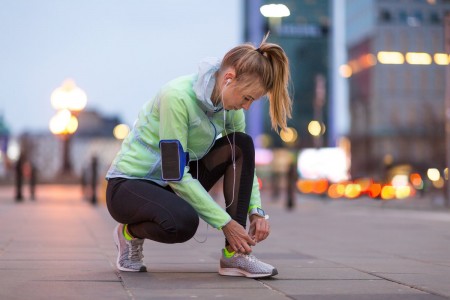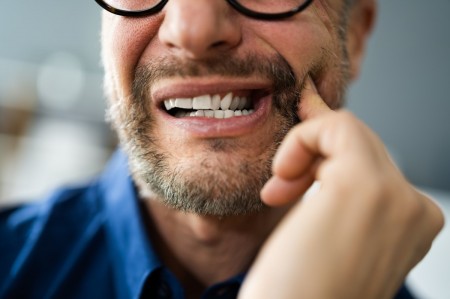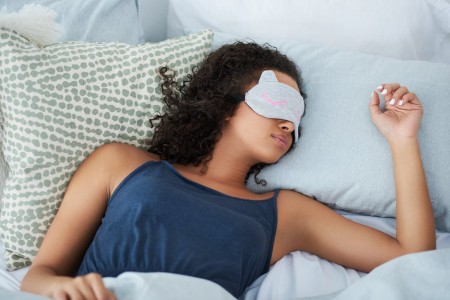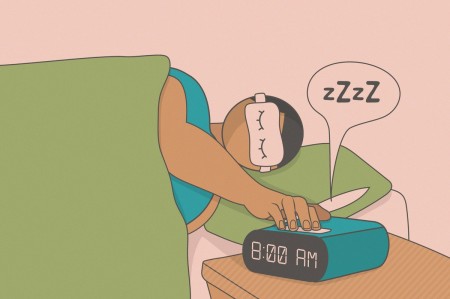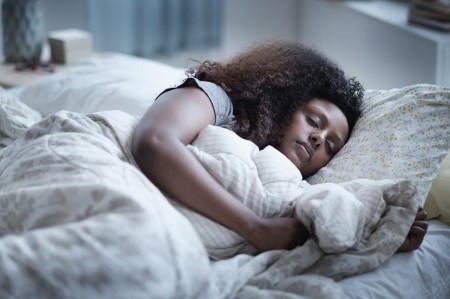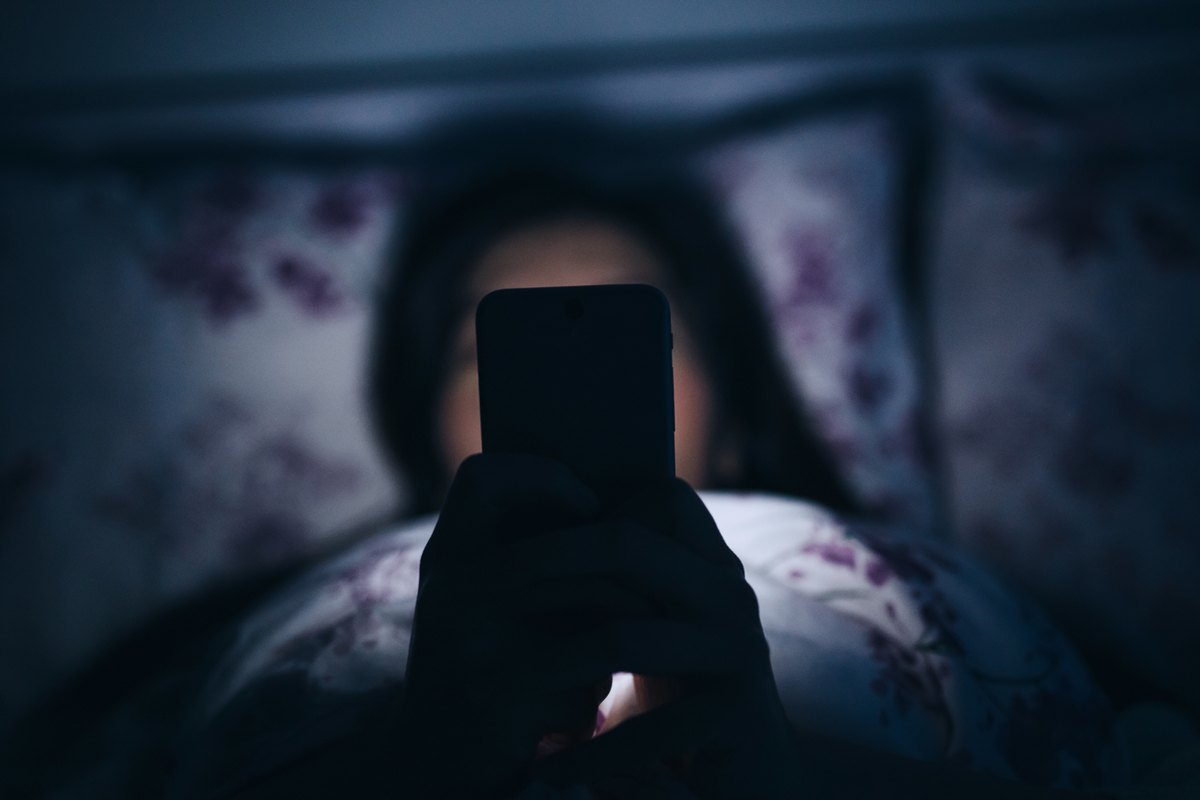
Advertisements
You're dragging through the day, counting down the hours until you can climb into bed and finally get some rest. But when the time actually comes and your head hits the pillow — bam, you're hit with a second wind and are now wide awake.
Video of the Day
"It's very common for people to feel tired, then wired, when it's finally time to wind down," says Nicole Avena, PhD, associate professor of neuroscience at the Icahn School of Medicine at Mount Sinai in New York. But it can also be highly frustrating — and more importantly, a sign that something about your sleep routine is way, way off.
Here's a look at some of the most likely reasons why you're tired but can't sleep once you get into bed. Plus, what you can do to fall asleep more easily and get the rest you need.
1. Your Brain Thinks Bed = Awake
You know intellectually that your bed is a space for sleep and sex. But if it's also home to additional activities, your brain might think otherwise. The result is learned insomnia or learned arousal, where the brain associates getting into bed with becoming more alert instead of less.
"If you're constantly working, watching TV or doing other 'awake' activities in bed, the body learns to be awake in bed," says Morgan Levy, PhD, a psychologist based in Boca Raton, Florida. That can leave you tossing and turning for hours, worrying about not getting enough sleep, and waking up tired.
Fix it: Treating learned arousal involves re-teaching your brain that bed is only a space for sleep. The first step is to stop doing 'awake' activities there. "You must retrain your mind and body to recognize sleep cues, like a dark room and laying in your bed," Avena says.
Related Reading
A 7-Day Kickstart Plan to Get Better Sleep
Advertisements
2. You Drank Too Much Caffeine
It's no big secret that downing a coffee or an energy drink right before bed can wind you up (and maybe cause other problems). But an afternoon pick-me-up might have a similar effect.
Consuming 400 milligrams of caffeine (roughly the amount in 16 ounces of coffee) six hours before bedtime has the potential to slash your snooze time by an hour, found a November 2013 study in the Journal of Clinical Sleep Medicine.
If you're particularly sensitive, even a 7:00 a.m. caffeine hit could make it harder to nod off at night, per a December 2018 Risk Management and Healthcare Policy study.
Fix it: Moving your caffeine intake earlier or cutting back altogether can make it easier to fall asleep. Harvard Medical School recommends avoiding the stuff for at least four to six hours before bedtime.
3. You're Revved Up From Your Device
A quick email or social media check before turning in for the night might not seem like a big deal. But using electronic devices within 30 minutes of bedtime is associated with significantly poorer sleep quality — regardless of factors like caffeine or alcohol intake, exercise or depression, according to a September 2021 study in Healthcare.
That's thanks to the glow from your screen. The blue light from tablets, cell phones and computers can delay the release of the sleep-promoting hormone melatonin, according to the American Sleep Association. This, in turn, can throw off your body's internal clock and make it harder to nod off at your normal time.
Fix it: You'll reap the biggest snooze-inducing benefits by putting away your device at least an hour before bedtime. But even 30 minutes before bedtime may be helpful, the Cleveland Clinic notes.
4. You're Anxious or Depressed
There's a strong link between mental health problems and sleep troubles. While anxiety or depression can leave you feeling fatigued or sluggish, it's also common to experience racing thoughts or being unable to quiet your mind, which can make it harder to nod off.
"With anxiety, these thoughts may be related to future concerns, and with depression they are related to past regrets," Levy says.
Fix it: Sometimes buckling down on your sleep hygiene is enough to make a difference, but that's not always the case. "At that point, I would recommend reaching out to a mental health professional for help," says Levy.

